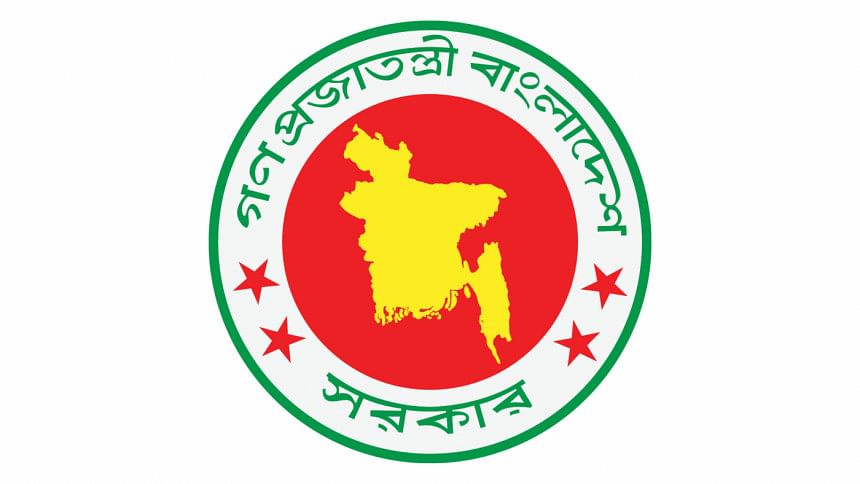Curbing Price Hikes: Govt planning concerted action

The government is planning a coordinated effort to rein in the soaring prices of essentials.
The finance ministry will hold a meeting on Sunday with the ministries and government institutions concerned to find a way.
The meeting involving representatives from the commerce, food, and agriculture ministries and Bangladesh Bank comes after Prime Minister Sheikh Hasina told her cabinet colleagues that she wants to see the results of their actions on the price hike of essentials.
She had said the high prices were hurting people.
The finance ministry has already identified some key problems that it blames for the price hike, and those will be brought up at Sunday's meeting.
The ministry is going to prepare a plan of action for the first 100 days of this government and the issue of inflation control will be a high priority, said ministry sources.
As the government does not have accurate data on demand and production, the finance ministry will place a working paper at Sunday's meeting so that different government agencies have the same and precise data.
Meanwhile, as an early response, the food and commerce ministries yesterday held separate meetings and issued a host of directives to administration officials and businesspeople.
During a virtual meeting with eight divisional commissioners, DCs, and SPs of all districts, the food ministry asked the deputy commissioners and police superintendents to carry out joint raids against rice and paddy hoarders in every upazila.
Food Minister Sadhan Chandra Majumder and Food Secretary Md Ismiel Hossain, however, told the DCs and SPs not to raid any farmer's home.
"The food secretary instructed the attendees to ensure that the news of the raids reaches nearby areas so that the hoarders become too afraid to stockpile," said an official.
At the meeting, Sadhan suggested that the DCs and SPs sit with the millers so they do not increase the prices of rice and paddy.
The DCs and SPs were also asked to take action against unlicensed traders, meeting sources said.
The minister asked the DCs to collect data on each rice or paddy trader's purchases and sales. "The administration needs to find out whether the amount of paddy purchased and the amount of rice sold are consistent," an official who attended the meeting quoted the food minister as saying.
Talking to The Daily Star after the meeting, Sadhan said, "Before the election, we promised the people that we would control the prices of food products. There is no reason to have instability in the rice market.
"Those who hoard essentials or manipulate their prices will be punished. But there is no reason for the honest businesspeople to worry," he added.
State Minister for Commerce Ahsanul Islam Titu held a meeting with edible oil and sugar importers, traders, and refinery owners at his ministry to know about the stock and supply situation.
Before the meeting, he told reporters that the government would go after traders who hoard to create an artificial crisis.
The state minister assured that the word "syndicate" in commodity trading may not be heard from July onwards as the government was working to fix the problem.
"The message is loud and clear: we will ensure transparency and accountability through establishing a smart market," Titu said.
During the meeting, sugar and edible oil importers said the US dollars have to be made available in the market so they can easily open Letters of Credit (LCs) ahead of Ramadan.
The fluctuating exchange rate for the dollar is a major problem in commodity trade, Md Amin Helaly, senior vice-president of the Federation of Bangladesh Chambers of Commerce and Industry (FBCCI), told The Daily Star after the meeting.
The demand for around 98 percent sugar and 90 percent edible oil is met by imports.
The sugar and edible oil refiners also demanded the government ensure adequate gas supply to their factories.
A commerce ministry official said they were trying to import 61 lakh tonnes of rice, wheat, onion, and edible oil from India. Of the amount, over 10 lakh tonnes would be imported under government arrangements.
The government has been trying to import essentials from India for months but did not get any positive response from the neighbour yet. Now, the commerce ministry will make a fresh effort in this regard, the sources said.

 For all latest news, follow The Daily Star's Google News channel.
For all latest news, follow The Daily Star's Google News channel. 



Comments